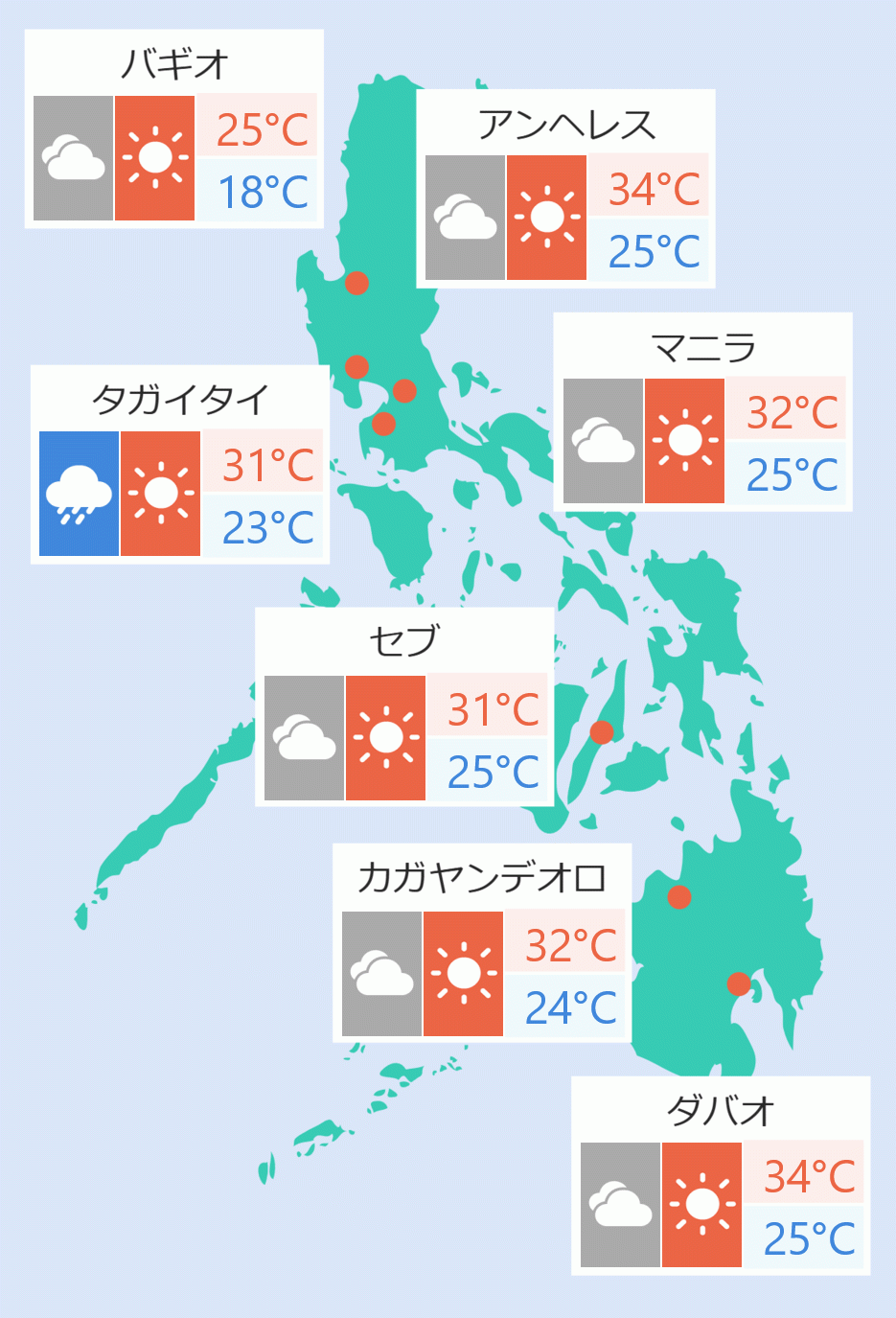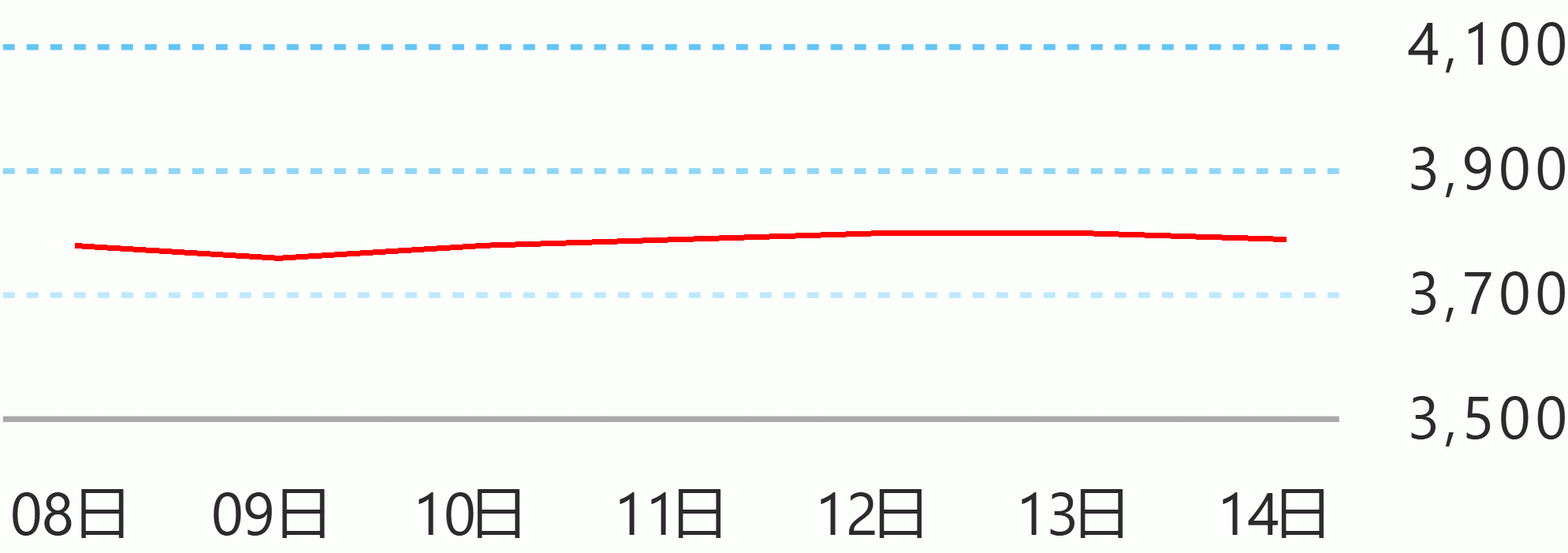The head of the Philippine National Police ( PNP) on Tuesday debunked claims of militant groups they are militarizing campuses and told them that they are the ones abusing the 1989 Memorandum of Understanding between the University of the Philippines and the police force.
Police General Oscar Albayalde said militant groups are “overreacting” as there is no such thing as militarization of campuses.
“Until now, we don’t enter anyone’s campus or university if we don’t have coordination with them or we don’t have business there,” he said in a press briefing.
“That is an overreaction. What we want to prevent here is massive recruitment, the massive radicalization of innocent students. They are very vulnerable, especially those who are coming from provinces. Those are their target so let us not fall prey into this,” he said.
Albayalde said militant groups are abusing the agreement by recruiting students to join the armed movement.
Under the 1989 UP-DND (Department of National Defense) agreement, it prohibits military and police presence in any UP campus without authorization from the UP administration.
“The thing is, this is being abused by some militant groups… they are agitating (students) by saying militarization. This is not militarization… When it was signed, was it militarization? Was it giving them the freedom of everything that they can do and abuse? It’s now allowed. The MOU was not signed so that they can do whatever they want. You still have laws to follow,” he explained.
He added that the PNP has a “balik-eskwela (back to school)” program where police are in different campuses to provide security not only for students but for parents, teachers and the whole community.
“It is very normal for us to be there, for peace and order purposes. A lot of students are being victimized by petty crimes near the University of the Philippines and the University Belt areas,” he said.
Albayalde said there is nothing wrong with their police visibility as they are coordinating and cooperating with the school administration.
“As we said, activism is not a problem, it’s a part of freedom. Criticism is a part of freedom but when you start to support and radicalize people there to join an armed movement then that is sedition. That is already a violation of the law,” he said.
The PNP chief assured the public they will always respect the constitutional right of every Filipino.
In a separate interview, Presidential Peace Adviser Secretary Carlito Galvez Jr believe police should not be restricted to enforce the law.
“But if there will be restrictions, there are possibilities that there will be a security gap. Because what we can see is the PNP is mandated to serve and protect. If he is not allowed to enter a certain area, it will deprive them from really (doing their mandate),” he said.
“Any campaign that has so much restrictions, it will be disadvantageous to the security forces,” he added.
Galvez said police officers should be allowed inside campuses.
“We have to allow ( them)... especially now there are a lot of recruitment of students. So meaning, if we cannot prevent that, students will be exploited,” he said.
He added that security forces should look in the agreement to find if there is a need to amend certain conditions.
Militant student groups and organizations held a “walk out” protest Tuesday to defend their “academic freedom” after a proposal of the military and police they be allowed to enter universities. Ella Dionisio/DMS





 English
English










